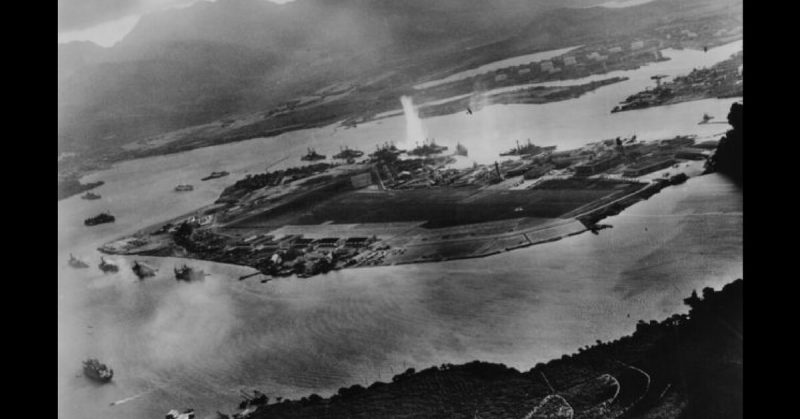Japan bombed Pearl Harbor on December 7, 1941, to destroy the US Pacific Fleet so they could carve out an empire in the Pacific. In doing so, it forced America to enter WWII, and the rest is history. There is a lot more to the event than most people realize, including the following which author Craig Nelson describes.
1. Although the United States of America was founded on July 4, 1776, its real genesis began in 1941. Before that, America was isolationist, generally disinterested in foreign affairs, and convinced that the Atlantic and Pacific Oceans would protect it from attack. Pearl Harbor destroyed that delusion, and it became the military superpower it is today.
2. US-Japanese relations had been tense since the 1930s. That was why the Pacific Fleet was in Hawaii; to keep Japan out of the Pacific. The Japanese Army wanted a war with America. Yamamoto Isoroku the architect of the bombing had to be pressured into it. He predicted failure if the war lasted longer than a year.
3. In September 1931, the Japanese Army invaded China’s Manchukuo region without the government’s permission. Tokyo approved afterward when they were victorious, but in doing so, they became hostage to the Army. When the bombing of Pearl Harbor became inevitable, Japanese politicians immersed themselves in dreams of racial and spiritual superiority that made victory over the Allies inevitable.
4. On October 17, 1941, the government of Prime Minister Fumimaro Konoye which had tried to limit the military’s power, collapsed. Against orders, Ambassador Kichisaburō Nomura and Special Representative Saburō Kurusu asked Roosevelt to write a letter of friendship to the Emperor, which he did. Unfortunately, an army officer intercepted the message and delayed passing it on to ensure the bombing occurred.
5. Zenji Abe, a pilot who participated in the bombing of Pearl Harbor, did not know his country formally declared war after the attack. He found out when the war ended. Feeling guilty, he found other survivors who had participated in the assault. They wrote a letter of apology which he took to Hawaii for the 50th anniversary of the bombing.
